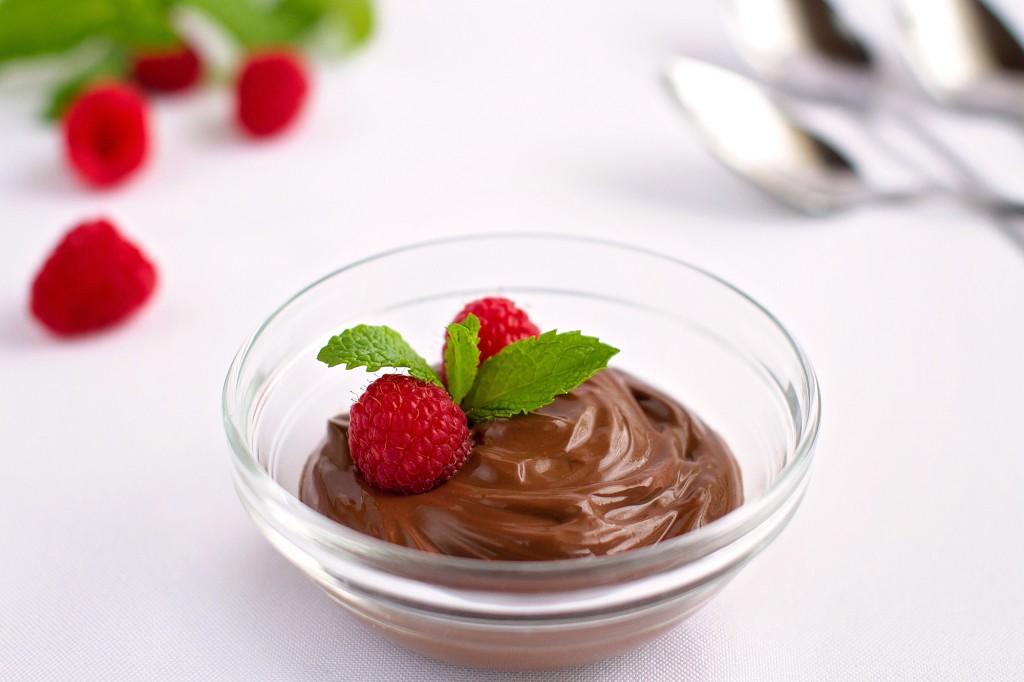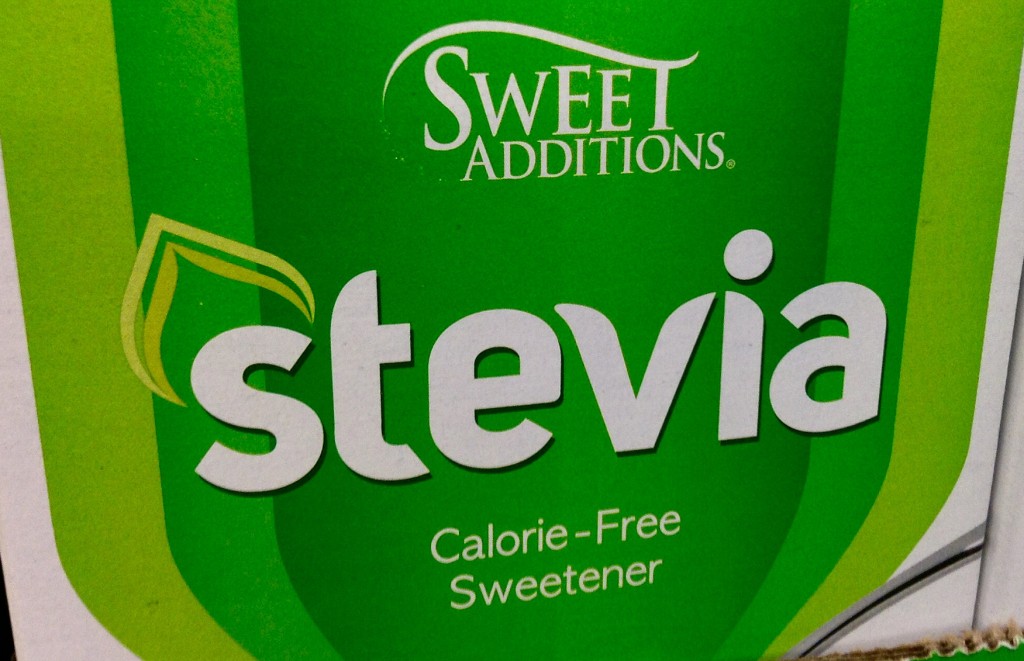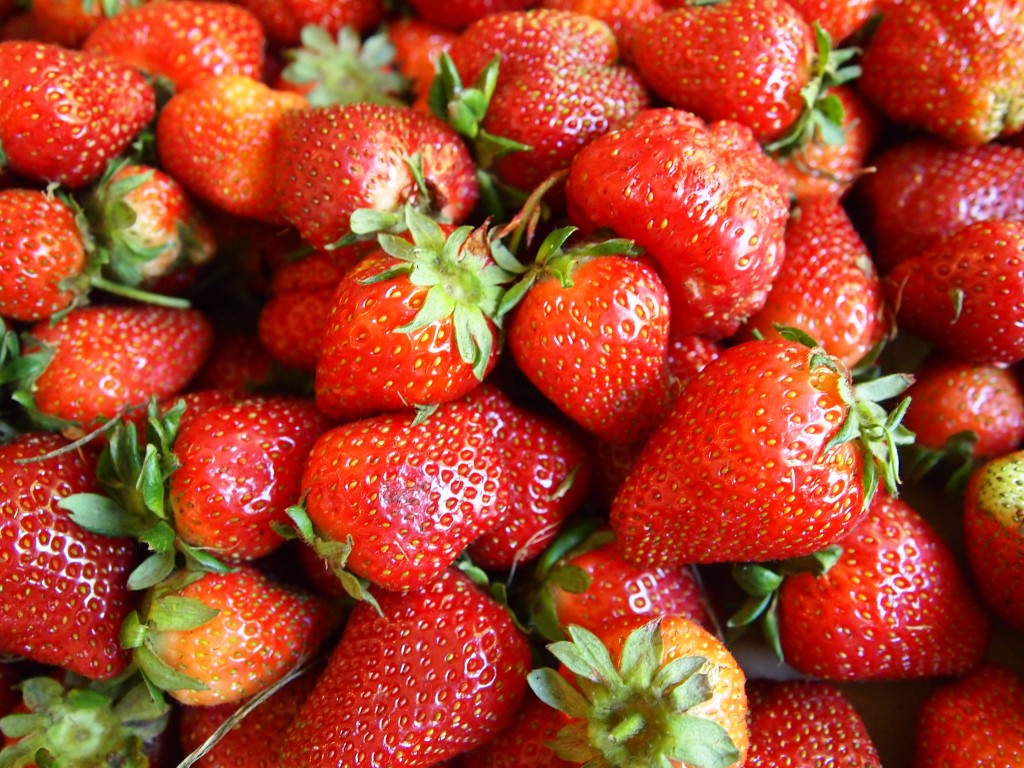
Why Should We Consume Stevia in Small Quantities? Are there Negative Health Effects?

by Ben Brown, MD
Stevia, which is also known as sweet leaf, is a sweetener that comes from a plant leaf. Its extract is intensely sweet to the tongue for most people and can help when transitioning from a diet high in simple sugars to one that is lower in sugars. It has no calories, so it can be very helpful, especially for people with weight issues and diabetes.
The majority of research on stevia shows that it appears to be safe and has some potential benefits
Is Stevia Safe?
Stevia has been around for a long time in Latin America. The majority of research on stevia shows that it appears to be safe and has some potential benefits, including possibly lowering blood pressure and blood sugar. The main reason we recommend consuming it in smaller quantities is because there are a number of case reports that suggest that for some people it may cause an stomach upset, muscle pains and allergies in large quantities.
Contributed by
Better Health Begins With You...
Have something to contribute?
-
Mary March 25, 2015
What would you define as “large quantity”?
-
Ben Brown, MD April 20, 2015
Hi Mary, I will give the same answer I gave another person who commented on the article: the science on the exact amount to stay under is thin, so I am not actually recommending an exact upper limit amount. Studies can come out later that will change our thinking, so when I say small quantities I am thinking that it is a good idea. My opinion on this is that there are few sweet things that do not have negative consequences if taken in large quantities often. Most concerning for stevia would be a possible effect on intestinal bacteria or if given without any other calories then having an insulin response might be potentially harmful. If you are using it once or twice a day in normal quantities for sweetening a beverage or a baked item, then you are likely not getting close to a level that would make me think of theoretic risks with our current understanding of stevia. I know it is not an exact answer, but truth is that no exact answer exists.
-
Ana Lewis March 25, 2015
Please specify what amount is considered small and large for stevia. Thank you
-
Ben Brown, MD April 20, 2015
the science on the exact amount to stay under is thin, so I am not actually recommending an exact upper limit amount. Studies can come out later that will change our thinking, so when I say small quantities I am thinking that it is a good idea. My opinion on this is that there are few sweet things that do not have negative consequences if taken in large quantities often. Most concerning for stevia would be a possible effect on intestinal bacteria or if given without any other calories then having an insulin response might be potentially harmful. If you are using it once or twice a day in normal quantities for sweetening a beverage or a baked item, then you are likely not getting close to a level that would make me think of theoretic risks with our current understanding of stevia. I know it is not an exact answer, but truth is that no exact answer exists.
-
terry swinton March 25, 2015
Hi
I have heard that xylitol is an excellent sugar substitute and also very good when used as a rinse for oral lichen plans. Do you have any info on that? Also, in an earlier letter I saw a reference to beneficial yoga postures but could not find what the particular postures are. Would you be able to tell me? Thank you very much for your help.
Terry -
Rachel Lehmann-Haupt March 30, 2015
Hi Terry:
I’ll ask the good doctor about Xylitol for you. Here’s a post we did on yoga poses for the program.
https://www.ornish.com/zine/dont-touch-toes-yoga/
Warmly,Rachel -
Chef Marti Mongiello March 27, 2015
Thank you so much for your continuing medical dn scientific research. It has helped many of to realize that honey is only level three (formerly considered level one by many of us not realizing) and that Splenda is only a level two.
This information has helped millions of us when reaching for the colored packets at a restaurant… blue, pink, yellow, white, brown, orange or green?
-
Liz Grenat June 1, 2015
What do you know about Truvia – the artificial sweetener made with Stevia – and it’s impact.
-
Ben Brown, MD June 5, 2015
Hi Liz, I think that it is a great transitional sweetener. What I mean by that is that as people change their eating habits their palate changes and they do not want as much sweet. Truvia is a mix of stevia and erythritol (a sugar alcohol that our nutritionist Carra has written about). I think that long term that these are better choices then aspartame, saccharine, or table sugar though more long term studies will be needed to say that with any hard science. Thanks for your question. To your health, Ben
-
Mary E. Miller June 3, 2015
Hello,
I am a 60 year old female with a recent CIMT showing average age of 65.
My question is can I reverse this with diet, exercise and lifestyle or would a statin be required?
I have been vegetarian for many years but was not following the 10% fat restriction.
Thank you,
Mary -
Ben Brown, MD June 5, 2015
Hi Mary, your question is a great one. The answer is yes, we have many studies documenting reversal in for 80%-90% of people that follow all 4 parts of our program. Please see the other parts of this site for details of the program and more on the research if you like to know the science. To your health, Ben
-
Scott Williams December 3, 2015
Are there any concerns with monkfruit as a sweetener?
-
Ben Brown, MD December 4, 2015
Hi Scott, The U.S. Food and Drug Administration (FDA) classifies monk fruit as generally recognized as safe (GRAS) and there have been no reports of negative side effects. To your health, Ben
-
Sharon Harris February 7, 2016
How does soy affect hypothyroidism? I’m on 50 mcg of Synthroid and was advised to cut soy back to just a few servings a week. I would prefer a daily serving for the protein.
-
Ben Brown, MD February 16, 2016
This is a common question and so I have looked into it and found that the studies with regard to thyroid have shown little to no effect in healthy individuals without iodine deficiency. Here is a nice review:
http://www.ncbi.nlm.nih.gov/pubmed/16571087
I would ask the person who recommended that you go from a daily serving to a few servings a week for their references as to why.
To your health, Ben
-
Linda M Carlson February 15, 2016
From what I have read, vegan diets require supplementation with Vitamin B’s. What do you recommend?
-
Ben Brown, MD February 16, 2016
Hi Linda,
Here are the guidelines from out web site
Multivitamin with Minerals
1 per day, with vitamin B12 (2.4 micrograms/day), without iron (unless woman of childbearing age or prescribed by your physician), providing 100% RDA.https://www.ornish.com/proven-program/nutrition/#nutrition-supplement
Enjoy,
To your health, Ben
-
Eileen Smyth April 27, 2017
Which type of Stevia do you recommend. I find the different options confusing.
-
Ben Brown, MD September 19, 2017
I mainly look for non-GMO stevia.
Up Next for You


How Mindful Eating Makes Us Healthier & More Fulfilled







